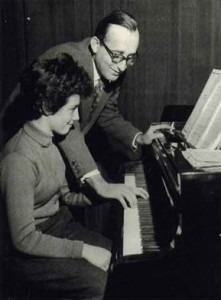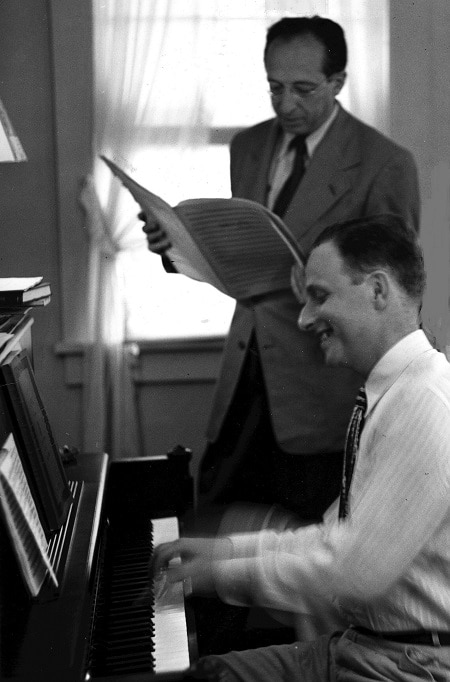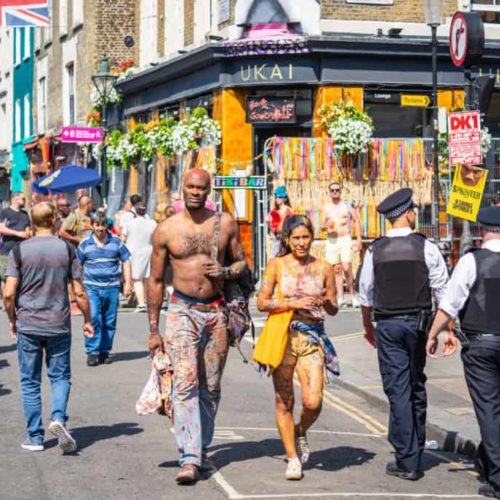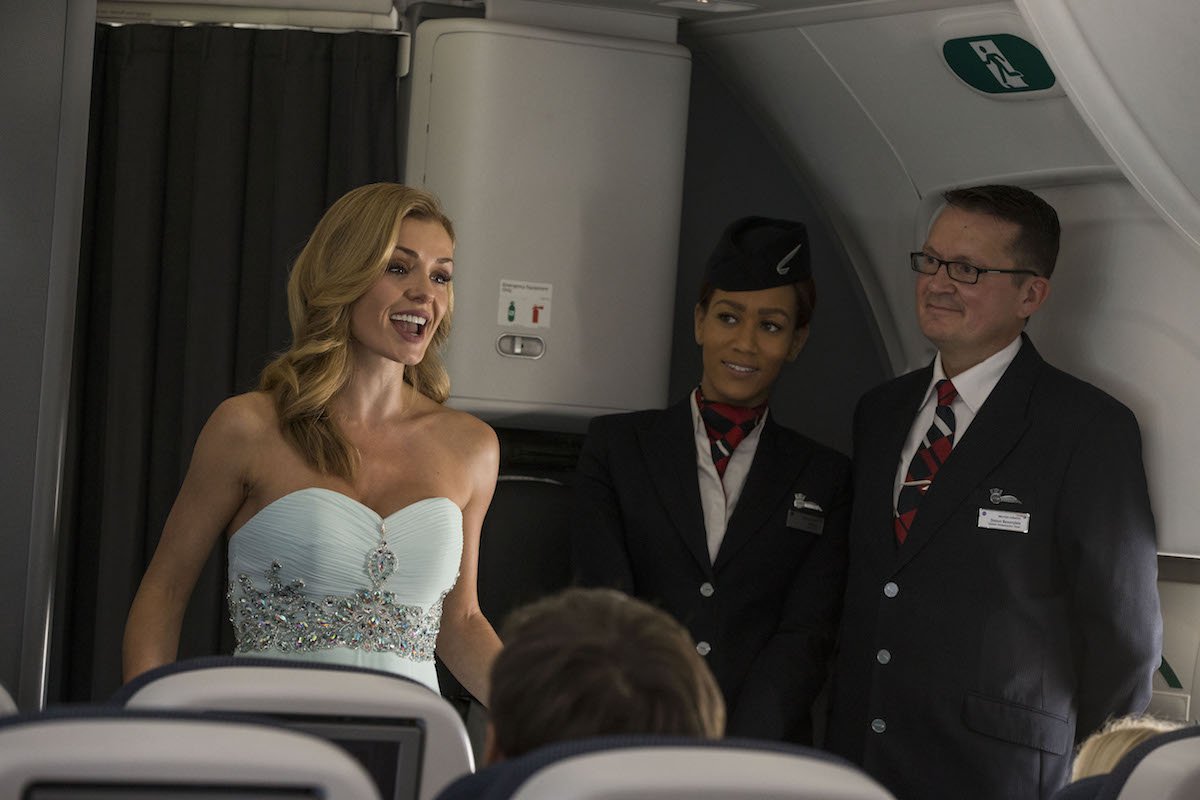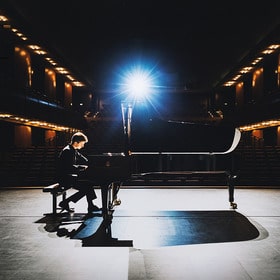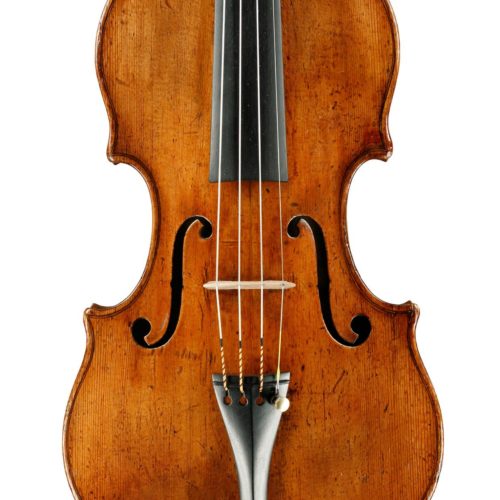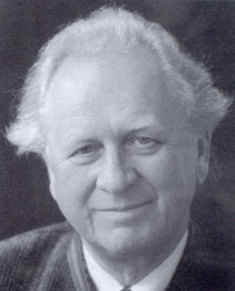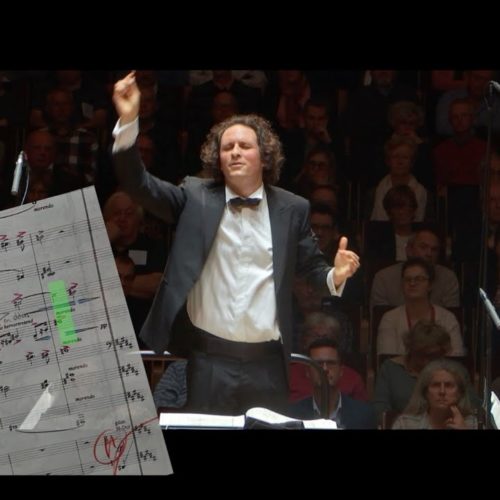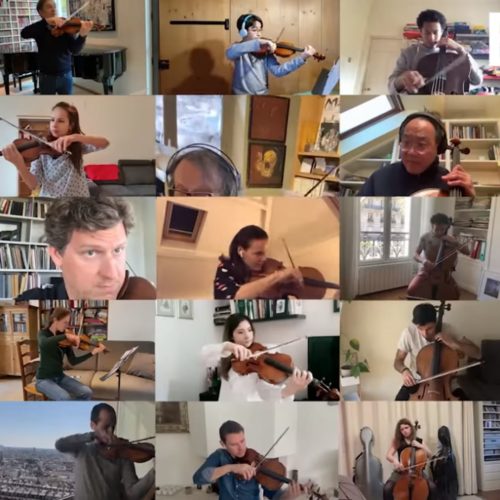Welcome to the 67th work in the Slipped Disc/Idagio Beethoven Edition
Piano sonata no 12 (1801)
This sonata is a contradiction in terms. Written in the warm, cheerful key of A-flat major – always a sign that Beethoven’s in a good mood – it flips in the third movement into a funeral march. Chopin would admit that he loved this Beethoven sonata more than any other and modelled his famous funeral march on this one. There’s a thesis to be written on the Pole’s debt to Beethoven, but this is not the place for it. All we can do is wonder why Beethoven, in an otherwise contented moment at the age of 30, is drawn to thoughts of death.
He titled the movement ‘‘Marcia funebre sulla morte d’un eroe’ – funeral march on the death of a hero – without specifying who he might have meant. Possible suggestion are that he was struck by a presentiment of fate, or that the funeral was for his lost innocence, his youth. There was one cloud on his horizon. The London-based pianist Johann Baptist Cramer had just visited Vienna with an impressive bag of tricks, raising the stakes for local composers and making Beethoven aware that he could not rest on his laurels. In retrospect, we can also interpret the third movement as an anticipation of the great funeral march of the Eroica Symphony and perhaps of the opening of the Moonlight Sonata.
Before we go any further, listen to Sviatoslav Richter play the funeral movement. He perceives it through a prism of Chopin and gives the impression this is just how the Pole would have perceived it. Quite uncanny how he makes it sound like two composers in one.
Wherever you stand on Glenn Gould you’ll be aware that this sonata was one of his signature works in a very eclectic repertoire. In this 12th sonata Gould is at once tender and muscular, attentive to the score and inventive in Gouldian ways. Make this, too, a starting point. There is no point in listening to other pianists before deciding if Gould is quintessential or too eccentric for words. Either way, he cannot be ignored.
Arthur Schnabel’s 1934 recording is typically compelling and capricious, veering without warning from solemnity in the third movement to capriciousness in the finale. Too much? Once again, it’s a matter of taste. If it’s sobriety you’re after, Wilhelm Backhaus in the 1950s is solid as a brick kiln, and sensitive besides. Maria Yudina (Moscow, 1958) sounds like she’s playing Stalin’s funeral – as, in fact, she did.
Others to consider are the estimably well-judged Maurizio Pollini (1998), the slightly soft-focus Andras Schiff (2004) and the high-voltage Igor Levit (2015). If there’s a happy middle way it must be Alfred Brendel in his 1977 recording, a pianist for all seasons. Paul Badura-Skoda achieves a consistently suprising subtlety on fortepiano. And the young Spaniard Javier Perianes (2012) brings a sweet and sun-kissed aspect to the proceedings. Gould, though, is the only one who makes it a matter of life and death.
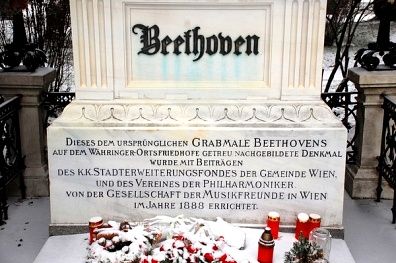
Piano sonata no 19 and 20, opus 49, 1/2 (1805)
A pair of short sonatas, Beethoven called them ‘the easy ones’ and gave them out to friends to play. Like anything he wrote, they cannot be taken altogether lightly. The publication date is misleading; they sat in a drawer for ten years before he was ready to put them out.
Most professional pianists make short shrift of these scores, using them as curtain-raisers before digging into the main course. Not Radu Lupu. The rabbinic-beared Romanian recorded them for Decca in 1977 in the underground studio at Kingsway Hall. With carte blanche from Decca to record whatever he liked, he made just 20 albums for the label, a fraction of the productivity of Brendel, Pollini and Barenboim around the same time. But each album was unique and these performances are summits of the golden alps of recording.
A reclusive type who never gave interviews, refused to let his concerts be broadcast and sat on a straight-backed chair rather than a piano stool, Radu Lupu was every bit as original as Glenn Gould without making such a fetish of it. The character of his interpretation is closer to the singing quality of Schubert than a Beethoven narrative, but the musicality is always convincing and the concentration unequalled. There is a silence around Lupu that is quite surreal in both studio and live recordings. In latter years, as his cancellations exceeded his appearances, each recital acquired epic status. Other pianists – notably Claudio Arrau – have played these sonatas very beautifully , but none matches Lupu for the thought he seems to invest in every note he plays.
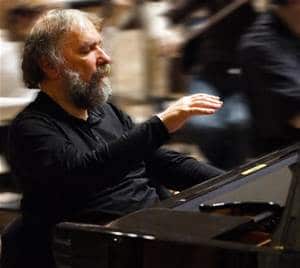
On the same album at the Idagio site you will also find Lupu performing –
Two Rondos for Piano, opus 51,
and Variations in C minor on an Original Theme for Piano WoO 80 (1806)
They are played with a blend of seriousness and slight detachment that the ear simply cannot resist. The variations, in particular, sparkle like sun-light on a babbling brook – as if the pianist has contrived for us a snapshot of Beethoven’s woodland walks.
Radu Lupu retired from performance in the summer of 2019 at the age of 73. These recordings amount to a massive monument.

